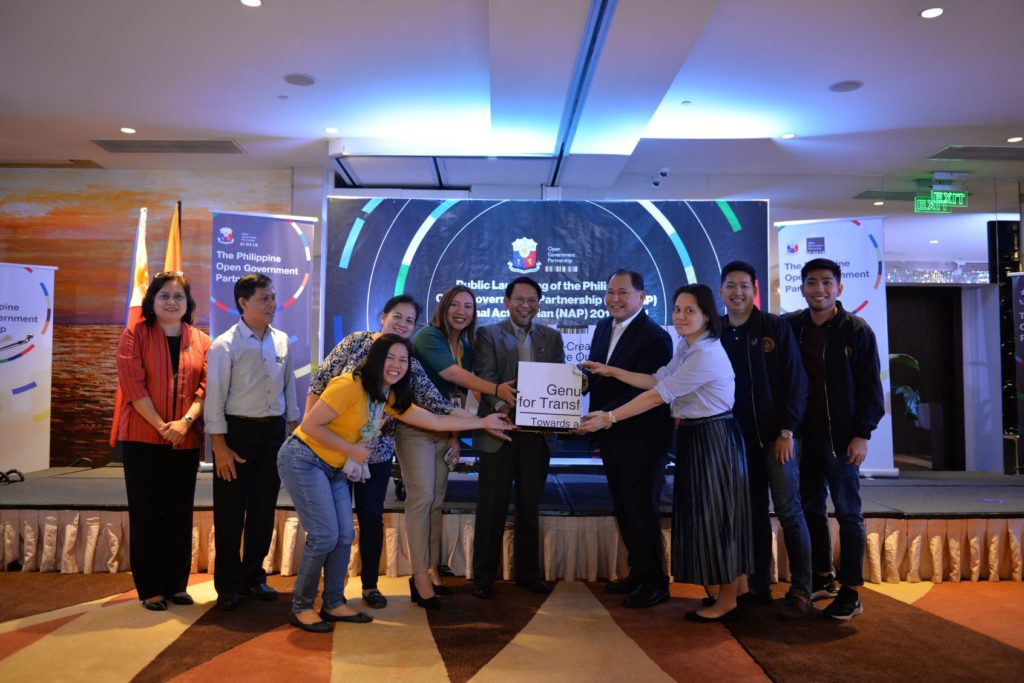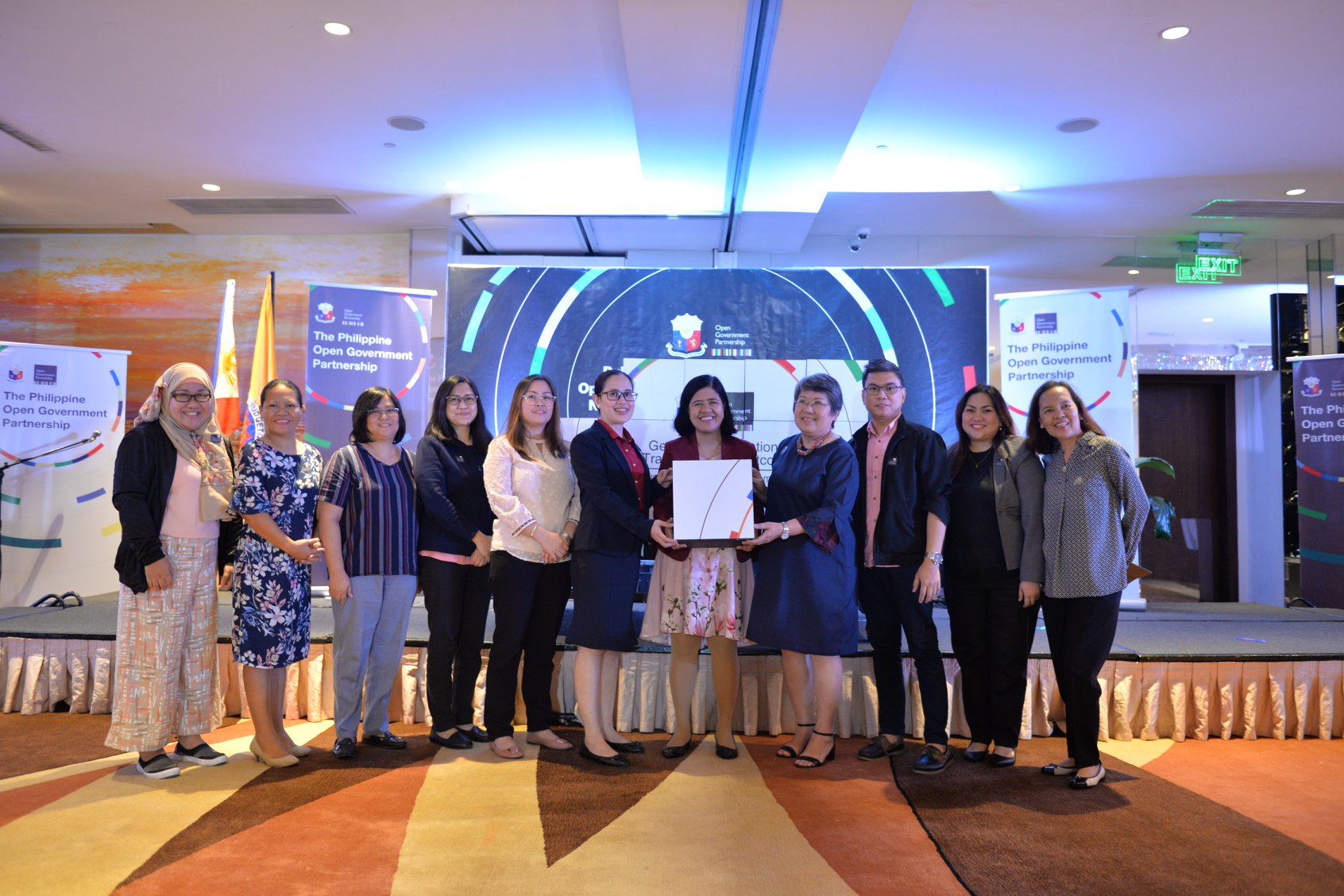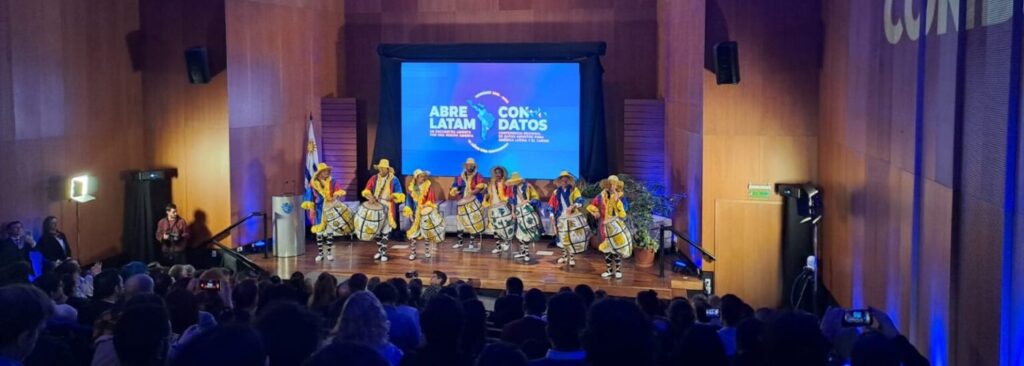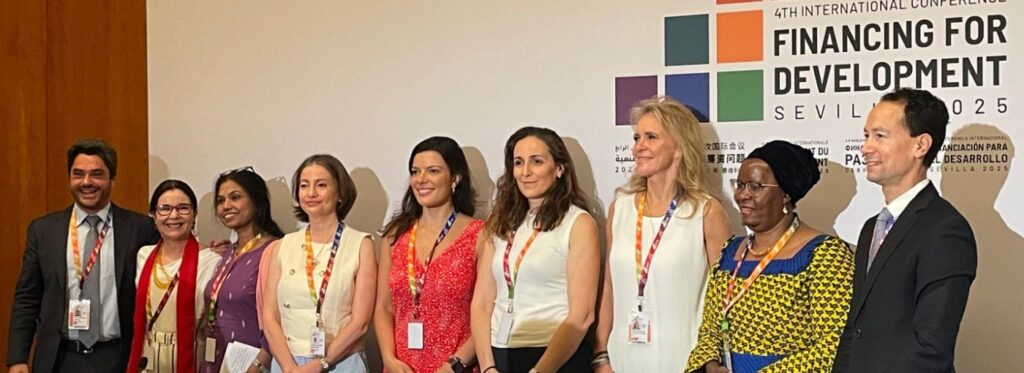Make data available, put them to good use
By Adelle Chua
While it is technically challenging to disclose all contracting data in the Philippine government’s open data portal, the real aim is to make ordinary Filipinos aware of and understand the information that is there so they can participate better in nation-building.
At a forum called “Government of the People, for the People and by the People” during the launch of the fifth National Action Plan for the Philippines-Open Government Partnership (OGP), Director Rosa Maria Clemente, deputy executive director of the Philippine Government Electronic Procurement System (PhilGEPS), said “information should be available for people to see and analyze, so they can use it for evidence-based policy recommendation.”
“Information should be available for people to see and analyze, so they can use it for evidence-based policy recommendation.”
Her agency’s commitment to the OGP is regarding stakeholders’ engagement in harnessing the value of the data in the PhilGEPS portal. Government procuring entities are requested to publish their bid and award notices in the portal. For Clemente, the challenge is making stakeholders aware that there even is such a portal. “It is important for them to understand what we are publishing. Data have no value if not put into use.”

Photo: CODE-NGO
Training the citizens
Complementing these efforts, Roselle Rasay, executive director of Caucus of Development NGO Networks (CODE NGO), said their commitment is to be the users of the data published by PhilGEPS.
“Understanding the technical details of these projects requires some training, and part of our action is to provide that kind of training to civil society organizations,” she said.
In a pilot project supported by Hivos Southeast Asia, CODE NGO provided training on accessing information and data visualization with regard to big-ticket projects such as hospitals, farm-to-market roads, and access roads to seaports and airports. The support was in pursuit of the objective to use open data to mobilize and engage citizens, and to encourage transparency in government procurement.
“It does require technical information, but we have participants that are people’s organizations and community-based organizations. They can understand the data and can be mobilized to look at this information as well. You just need to give them orientation and training,” Rasay said.
CODE NGO is also looking at open contracting mechanisms through the Department of Budget and Management’s Project DIME – Digital Imaging for Monitoring and Evaluation – which monitors the progress of big-ticket projects through satellite imaging. This is in line with OGP Commitment 4, or “the establishment of an efficient and effective technology-enabled participatory validation and reporting mechanism for selected government infrastructure projects.”
Rasay said they would want to take the disclosure one step further to include information on how the contracts are being implemented. As important as it is to see the plan, the bid, the award and the actual contract, Project DIME seeks to monitor whether the projects adhere to their implementation timelines.
Meanwhile, Clemente said that the Commission on Audit has committed to train their auditors in using the PhilGEPS system, under the umbrella of the Citizens Participatory Audit.

Photo: CODE-NGO
Using tech for efficient monitoring
One of the more controversial issues hounding citizen participation in government procurement is transportation and food expenses of the CSO representatives observing the process. Ideally, the provider of such funds must not in any way compromise the independence and objectivity of the observers.
“What happens is that for every bidding that must be conducted by procuring entities, CSOs can only participate by invitation,” Clemente said.
With data available online through the open data portal, citizens can perform part of the monitoring without having to attend all meetings of Bids and Awards Committees in the procuring entities’ offices.
“Automating and making the procurement process digitized, as well as the information available in the portal, makes it transparent. They don’t need to go to procuring entities’ office to be able to do the monitoring that is required of them.”
To Good Use, Indeed
Project DIME directly links to public service delivery because it monitors government projects making sure that taxpayers’ money is spent properly and that benefits redound to the intended recipients. According to Rasay, their members on the ground provide valuable input by looking at the quality of the projects, aspects of which cannot be found in satellite imaging.
“This is where the technical capacity development among our members is needed,” she said. “And this is how we will match the commitment of the DBM and PhilGEPS.”
For Clemente, transparency and citizen awareness achieve far greater good.
“Procurement is part of public financial management. About 12% of the Gross Domestic Product goes to procurement. It is very important not only for the Commission on Audit but also for citizens to monitor the public procurement process from planning to implementation.”
Currently, the average number of bidders is one to three, with many private companies refusing to deal with government because of perceptions of corruption. “But if we are able to build trust among the public, then more suppliers from the private sector will join the biddings. This will level the playing field, lower the prices of goods and services being procured, and encourage the contractors to deliver higher quality.”
“If we are able to build trust among the public, then more suppliers from the private sector will join the biddings. This will level the playing field, lower the prices of goods and services being procured, and encourage the contractors to deliver higher quality.”
Collaboration is king
In designing and implementing computerization projects, Clemente said, an agency needs to know the needs and requirements of the people who will use them. In this case, in the process of creating projects together, CSOs are asked what they need to perform their monitoring duties better.
“It is important that you don’t work separately. We have to collaborate with our partners,” she said.
Rasay said that CODE-NGO sees Open Government Partnership as an avenue, with space to use and expand for citizens and government to work as partners in influencing public policy.





